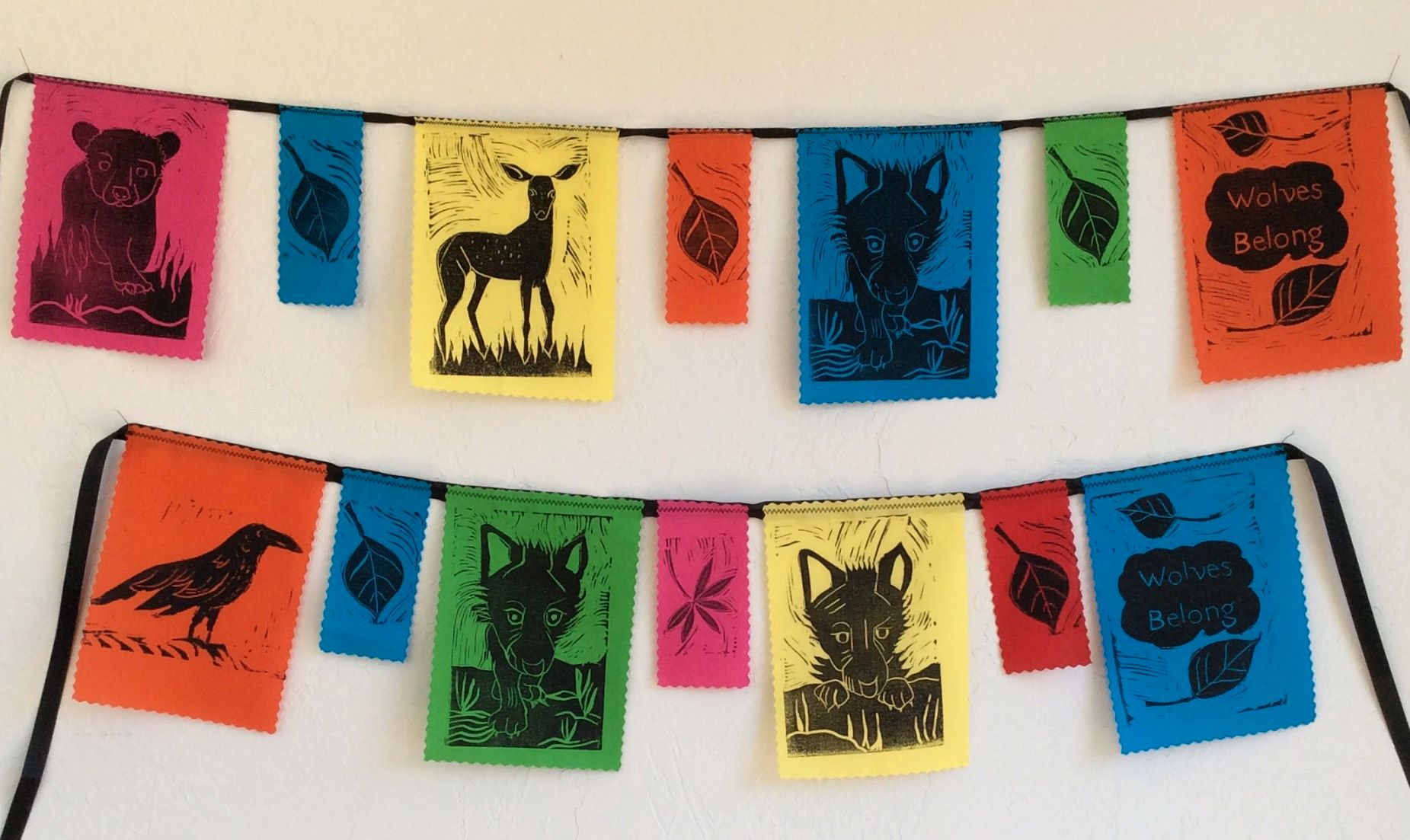Arizona Republic (original) Feb. 6, 2010 12:00 AM
ALBUQUERQUE - Federal wildlife officials overseeing a reintroduction program counted 42 Mexican wolves in the wilds of Arizona and New Mexico at the end of last year, a significant drop from the 52 reported one year earlier.
There were 27 wolves in Arizona and 15 in New Mexico.
"I'm extremely disappointed and troubled about this year's low numbers," Benjamin Tuggle, regional director of the Fish and Wildlife Service, said Friday. "These findings are very disturbing and I am determined to identify the reasons for this decline and turn the situation around."
The survey classified two pairs of wolves as breeding pairs, the same number counted in 2008.
The reintroduction program in the Blue Range, straddling both Southwestern states, began with 13 wolves in 1998. Biologists had predicted a self-sustaining wild population of 100 wolves by now.
The leader of a conservation group said the results raise "grave concerns" but he expressed hope the situation could improve if federal officials introduce new wolves to replace those that have died and broaden the genetic lines of wolves roaming the 4-million-acre recovery territory.
Michael Robinson of the Center for Biological Diversity also proposed adding three new wolves anytime one is found dead, whether by poaching or natural causes.
"I don't want to sugarcoat it. The Mexican wolf is facing a genetic and demographic emergency," Robinson said. "Nonetheless, with science-based action, we believe the species can be salvaged."
Federal officials cautioned that several documented wolves couldn't be located during last month's count.
Fish and Wildlife spokesman Tom Buckley said only wolves wearing radio collars can be accurately tracked, along with any wolves without collars accompanying them.
"To say there were many uncounted wolves might be pushing it a little bit, but we believe there are others that were uncounted," Buckley said.
Eight wolves were found dead last year - four adults and four pups. Two were confirmed shot and the cause of death for the others was unknown, pending necropsy results.
Officials said 31 pups were born to seven packs in 2009, but only seven pups survived through Dec. 31. A mortality rate for pups of 50 percent in the wild isn't unusual, but biologists said such a high rate warrants great concern.
"This does not change our commitment to establishing a biologically viable population of Mexican wolves in the Southwest," Tuggle said. "If anything, this strengthens my determination to recover these wolves to their natural habitat."
There were no new wolf releases but four wolves were relocated, including one wolf twice.





